Type: Accredited
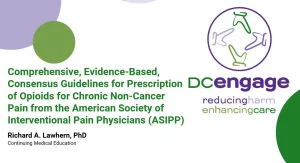
Comprehensive, Evidence-Based, Consensus Guidelines for Prescription of Opioids for Chronic Non-Cancer Pain from the American Society of Interventional Pain Physicians (ASIPP)
This webinar offers a focused overview of the 2023 Clinical Practice Guidelines from the American Society of Interventional Pain Physicians (ASIPP), highlighting evidence-based strategies for prescribing opioids to manage chronic non-cancer pain.
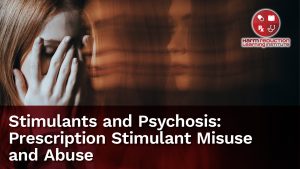
Stimulants and Psychosis: Prescription Stimulant Misuse and Abuse
This course gives providers the tools necessary to better identify prescription stimulant misuse and abuse and how to address these concerns before they develop into chronic issues.
Stimulants and Psychosis: Etiology, Epidemiology, and Management
This course highlights the prevalence and causes of stimulant-based psychosis, describes how to care for a patient experiencing stimulant-based psychosis, and provides resources for individuals who experience this type of psychosis.
Needs of Returning Citizens with Substance Use Disorders
This module covers the various health and social needs of previously incarcerated individuals with substance use disorders upon returning home to their Washington, D.C. communities.
Cocaine and Methamphetamine Use: Strategies for Addressing Acute Intoxication and Withdrawal
This course discusses the addiction hypothesis behind cocaine and methamphetamine use in order to provide strategies for addressing intoxication and withdrawal.
Integrative Harm Reduction Psychotherapy: The Seven Therapeutic Tasks, Skills and Strategies
Integrative Harm Reduction Psychotherapy consists of seven therapeutic tasks: managing the therapeutic alliance, the therapeutic relationship heals, enhancing self-management, assessment as treatment, embracing ambivalence, harm reduction goal setting and personalized planning for positive change.
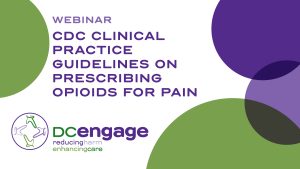
CDC Clinical Practice Guidelines for Prescribing Opioids for Pain
This webinar will cover the CDC Clinical Practice Guideline for Prescribing Opioids for Pain, focusing on key recommendations, patient safety strategies, and practical approaches for effective pain management.
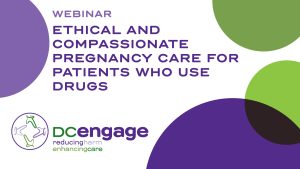
Ethical and Compassionate Pregnancy Care for Patients Who Use Drugs
This webinar will explore the ethical and compassionate approaches needed to provide effective care during pregnancy for patients who are using drugs. Focusing on both the health of the patient and their baby, faculty will examine the importance of nonjudgmental, evidence-based practices that support harm reduction, informed choice, and autonomy.
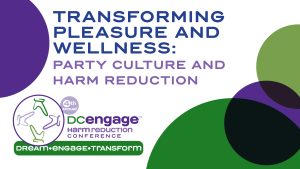
Transforming Pleasure and Wellness: Party Culture and Harm Reduction
This panel discussion explores the intersection of pleasure, party culture, and harm reduction. Panelists will share insights on fostering wellness, promoting safety, and addressing substance use in social settings, emphasizing inclusive, judgment-free strategies to support informed and empowered choices.
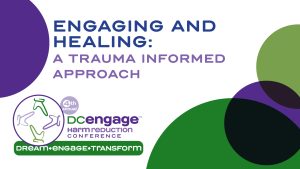
Engaging and Healing: A Trauma Informed Approach
This session provides an in-depth exploration of trauma-informed care, emphasizing the importance of recognizing trauma’s pervasive impact and integrating responsive practices. Participants will gain insights into fostering trust, promoting safety, and empowering individuals through culturally sensitive, evidence-based approaches that prioritize healing and resilience.
